Transforming today’s food and land use systems could unlock $4.5 trillion in new business opportunities every year.
But we wont get there unless we can rapidly scale what is already working.
”Better Finance, Better Food” showcases over 50 new business models and financial solutions which are mobilising capital for sustainable food and land use assets. Building on our work with the Food and Land Use Coalition, the report and case study catalogue demonstrate how finance can transform global food and land use systems to deliver more equitable and sustainable outcomes. The catalogue demonstrates a broad range of investable opportunities and confirms that innovative partnerships are needed to get capital flowing at scale.
REPORT HIGHLIGHTS
There are major inefficiencies in the way food and land use systems are financed. Current practices typically fail to price in the hidden costs of climate-related financial, social and environmental risk.
Nature-positive and regenerative business models are crucial to tackling global warming, protecting species against extinction, creating jobs and building social and economic resilience to future shocks. But they are still in their infancy. The challenge is to get to scale.
Transitioning to a more sustainable food and land use system will therefore require capital to be reallocated from the “old” food and land use economy into the new one – with over $300bn new investment needed every year. The good news is that such investment could generate $4.5 trillion annually in new economic opportunities by 2030.
The report identifies seven business models and financing archetypes on how to attract and invest this type of capital to help tackle inefficiencies in the way we currently finance food and land use assets around the world – from blended finance funds to sustainability-linked debt, from nature-linked insurance to payments for ecosystem services, from shared services solutions and supply chain partnerships to pipeline accelerators which mitigate early stage development risk
Mobilising large-scale capital will require these business models and financing archetypes to get to scale. That means development capital providers, private investors, regulators and government need to strengthen partnerships to mainstream new financial products, standardise investment structures and rapidly accelerate pipeline development.
We need to stop reinventing the wheel. Describing the case studies in “Better Finance, Better Food” in transactional detail aims to help standardise investment structures and mainstream new financial solutions that are already delivering results. This will significantly reduce transaction costs, cut down the time it takes to access and deploy capital and help replicate what is working across different geographies and sectors. To get to scale and realise the $4.5 trillion economic opportunity, we need to stop reinventing the wheel.
OPEN-SOURCE CASE STUDY CAMPAIGN: SHARE YOUR STORY
This selection of case studies shows that there is an investable pipeline, ready to be scaled. It also demonstrates that there are opportunities for everyone to engage and invest. However, we know this list will keep growing, and there are many more practitioners who will be keen to share their story. To this end, we are launching a year-long case study campaign to collect more stories and display them on our website, for everyone to access.
Upload your story below or email your suggestions to [email protected]



